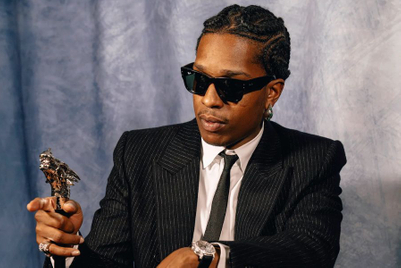
As increasing unemployment and the drastic decline of capital markets translate to reduced consumption, luxury brands are feeling the pinch. But luxury there's no need to panic, according to Alain Li, APAC CEO of Richemont, as there are signs that the worst is over.
“Luxury brands need to stay relevant, above anything,” Li said during a Campaign Connect panel earlier this week CEO. “It is important for the luxury brands to address to people both online and offline. Although the recovery is slow, it does continue.”
Li said he already sees some good recovery across the company's luxury brands, in particular jewellery. People might want to reward themselves with presents after working hard at social distancing for a long time, he said. The fact that some people have been confined for two to three months, made them want to come out and socialize. It is important for luxury brands to be there to address the need, both online and offline, he said.
China has been recovering and several national holidays ahead will provide more occasions for Chinese to get out and socialize with others, which helps the sales of luxury products.
The way that luxury brands interact with people has been dramatically changed, according to Li's co-panelist Chloe Reuter of Reuter Communications. Live-streaming has become a major way for any consumer brand to interact with their audience, she said, adding that beauty brands, in particular, have an edge in this area. as it's easy to demonstrate and sell these products via online streaming. One interesting and encouraging change, Reuter said, was that beauty brands have shifted their emphasis to makeup products, whereas skincare products got the most attention during lockdown.
With years of logistics and digital development behind them now, luxury brands are reaping reward now. Li said Richemont did some major product launches online and is also transferring sales online, especially in China.
Online streaming allows brands to interact directly with their consumers. A direct-to-customer model is important for luxury brands to build their loyal fan base. It is also a great opportunity for luxury brands to be more interactive with their fans. At a time where people are carefully planning their spending, it is essential to keep loyal customers and get them involved more and more.


.jpg&h=334&w=500&q=100&v=20250320&c=1)
.jpg&h=334&w=500&q=100&v=20250320&c=1)
.jpg&h=334&w=500&q=100&v=20250320&c=1)




.png&h=334&w=500&q=100&v=20250320&c=1)





.jpg&h=268&w=401&q=100&v=20250320&c=1)


.png&h=268&w=401&q=100&v=20250320&c=1)
